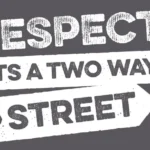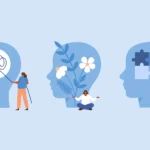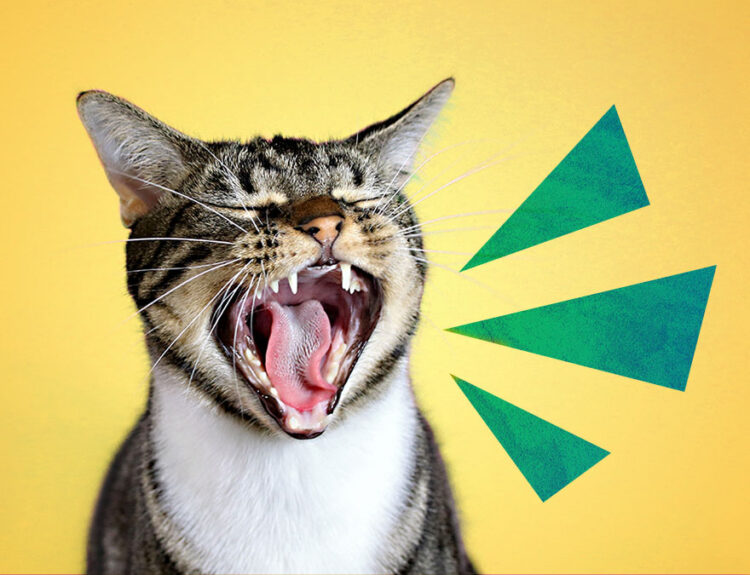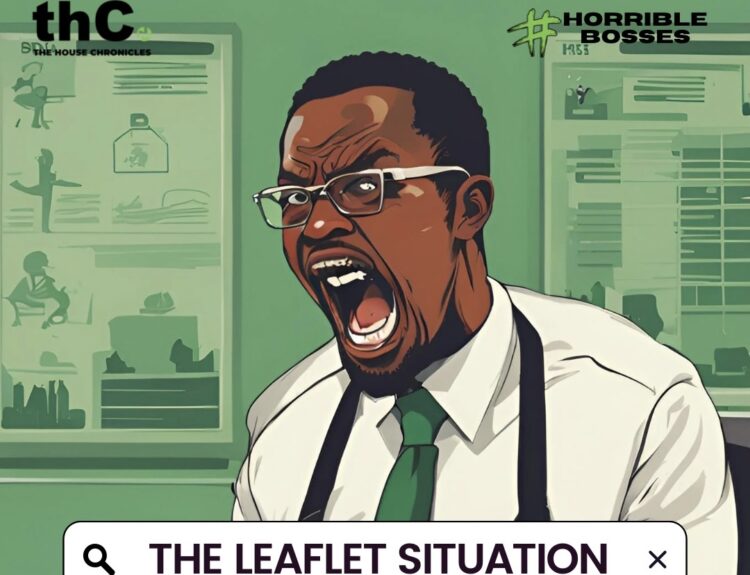I have always maintained a very strict and decorous definition of Twitter, our favourite social media sensation. A round table for the likes of Arthur where every agnostic, conservative and contrarian has a seat. Where people bludgeon each other to moral death in favour of someone else’s defeat; and the rest are alive and well-fed on the flesh of others using their misfortunes to create memes.
It is in this world I found a niche to which I belonged. Are you one of those children who sat in class reading a book during lunch? Other kids were running outside, some playing games and surfing the web in the computer lab. A few played chess and checkers together; not you though. You were huddled before a book diving into different worlds; becoming different people.
If you have found hope and love and laughter in dried ink (and sometimes even embossed pages) then you might’ve heard of booktwitter, booktok or bookstagram.The holy grail for readers on the internet.
There are many kinds of book lovers and many genres to read. Nonfiction, fiction, from self-help to sci-fi to romance to biographies. A reader dives into many types of literature, subconsciously absorbing an author’s thoughts and beliefs. The authors themselves disseminate all kinds of information through their work like a farmer distributing treats.
Thus proving the existence of people from a reality not like or unlike yours. This has then birthed a concept widely understood but rarely spoken of.
The Great Divide. Or at least that’s what I like to call it.
Do not be concerned; it’s not a hazardous bioweapon or mind-altering piece. It’s the belief that every individual has had experiences uniquely tailored to them. The variation of these experiences alters the way you view the world and at which height. I’m sorry to inform you that you, dear reader, are diagnosed with a literary disease of which there is no cure. Isn’t this exciting?
As Indian author and psychologist Amit Abraham said, “There are two sides of a coin but multiple sides of human perspectives.”
The chasm I speak of though, is widened by such forward-thinking people who think books are a bore or of no consequence.
“Such a bookworm”, they say about us. “Anyone ever told you how lame you are?”
Words I heard way back over and over. Then the advent of social media platforms made reading “cool” again. An elite sport. For the aesthetics. They made tiktoks about their favorite scenes and ships and reviewed books. Art and caricature. They posted on IG and Pinterest and made fanclubs on Twitter.
Suddenly you were considered an intellectual, a person of note if you could quote wise words from rotting corpses.
Somehow, with all the information in the world at our fingertips, the 21st century has led to an uprising of discriminatory bigots.
I am a reader in a world where the current social climate seeks to dismiss everyone that isn’t picking up a Tolstoy or an Orwell. Where Lolita is revered as interesting as it is controversial and Pride And Prejudice is only for the romantically airheaded.
Social media niches for book enthusiasts doling out as much real life advice as legally licensed therapists. Fake information flying around by the seat of a clout chaser’s pants while random accounts, readers themselves judge others based on their literary interests.
What happened to not judging a book by its cover?
By developing a reading culture in yourself and your loved ones you increase the chances of building a better community of understanding across all platforms and works of life. You get to experiment with different ideals to bridge that great divide.
At least that’s how it’s supposed to be.
It’s up to each and every one of us to learn and unlearn; to be better. To communicate. To listen rather than disagree every minute.
Talk to different people, explore concepts foreign to your own reality, exercise your brain and gain a more retentive memory.
Take advantage of what books have to offer. You’ll find that the more you learn the more you’ll come to appreciate the world and everything in its coffers.
Revised Version
Are you one of those children who sat in class reading a book during lunch while other kids were running outside, playing games?
A few even stayed in, entertained by board games like chess or checkers, but not you. You were huddled before a book, diving into different worlds, becoming different people.
If you have ever found hope and love and laughter and adventure in dried ink and embossed pages, then this is for you.
There are many kinds of bibliophiles, and many genres to read. We dive into many types of literature, absorbing an author’s thoughts and beliefs.
(Do NOT, I repeat, do NOT ingratiate yourself with the work of the likes of Ann Rule.)
The reading culture helps us learn of other worlds, and the lenses through which people define life. The very thing that birthed the concept of The Great Divide.
It’s the belief that every individual has had experiences uniquely tailored to them. That the variation of these experiences alter the way you view the world, and at which height. Regardless of yours.
This concept separates the people who come to accept the different perspectives around us from the ones who assume that only they are right. That the loudest voice is the most accurate. Pipe down, Cicero.
As Indian author and psychologist Amit Abraham said, “There are two sides of a coin, but multiple sides of human perspectives.”
An invaluable human tool, is it not?
And now, the advent of social media has made reading cool again. An elite sport.
Suddenly, you are considered an intellectual, a person of note if you could quote wise words from long rotten corpses.
Imagine how much more eloquent you’d sound if you utilized literary knowledge more before you pick up a pen.
The divide can be bridged.
It only takes one more person to hold out a hand.






